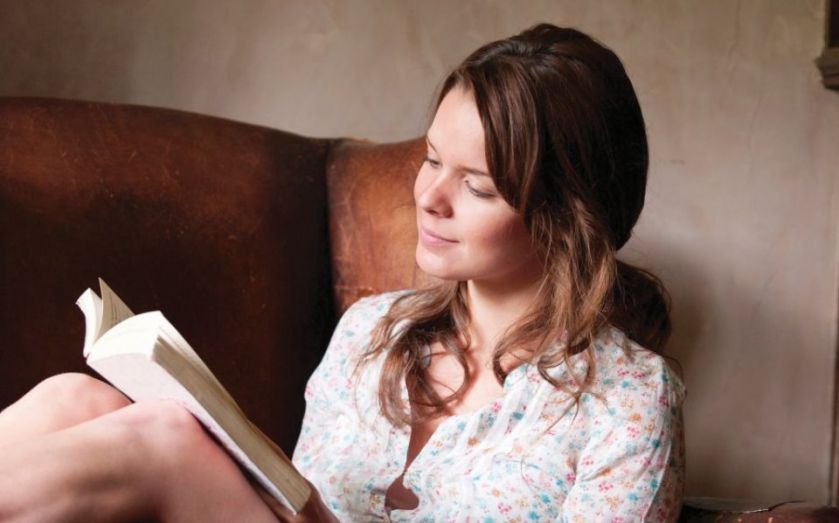Meet the Leisure Learners: those who pick galleries over the pub

If you've ever endured friends shouting garbled German greetings into their smartphones, or observed your colleagues bashing out HTML tags during their lunch hour, then you’ve witnessed the skills revolution in action.
Thanks to new apps and web-based training portals such as Duolingo and Codecademy, it has never been easier to access cheap or even free training.
And these services come at a time when learning new skills is both a career necessity and a valuable source of social capital.
Over a quarter of us expect to study in the future, rising to a third when you ask 25 to 34 year-olds. And that study no longer needs to take place at night school. It is now at our fingertips 24/7.
MEET THE LEISURE LEARNER
More than a third of Brits (and half of 25-34s) see learning new skills as “very valuable” for their entertainment.
A small group of self-improvers would go even further: 13 per cent think that knowledge and skill-based activities are more entertaining than other ways of using their time.
These are people who would rather go to a gallery than the pub; the so-called Leisure Learner.
The leisure learner is a sign of things to come – a world in which the boundaries between free time and personal development disintegrate even further.
Leisure learners are more likely to value creativity in a job and more of them are prepared to take significant risks to get what they want out of life.
Sound worth keeping? They’re also much more likely to consider changing roles. Here’s how to grab them and hang onto them.
EMPLOYEE OF THE FUTURE
First, employers should expect their workers to want to “pivot”, just like a startup, away from one set of skills towards an (often completely) different set.
Often these skills (especially if they are creative) will have been picked up in their spare time.
Second, when workers can retool so easily and effectively, keeping hold of talent is all the more crucial. But it also means that hiring on the basis of qualifications looks set to become ever less important.
Instead, we should be looking to hire the people who are developing skills via their extracurricular activities that the business needs now and in the future.
Third, training budgets need to be rethought to enable employees to grow. Training in the future won’t be about workshops and courses.
I’d like to see bosses handing out Raspberry Pis, DSLRs and Chinese dictionaries – your leisure learners might just go away and create something brilliant.
PERSONAL NEEDS
It’s really no surprise that leisure learners feel a bit more flighty. Self-fuelled development gives these people the skills and motivation to job-hop to bigger and better things.
A whopping 47 per cent of Generation Y (those born between 1980 and the mid-1990s) tell us that they expect to start a business or work for themselves in the future.
Keep these people performing by making the time and money available for them to pursue personal projects – but also by rethinking the office as a collective workspace that is more about learning than producing.
Workplaces that reflect rigid team arrangements are implicitly restrictive – “sales does this, IT does that”. Business that rethink office architecture (Google’s new campus, for example) tend to prefer open, flexible, movable spaces.
Taking advantage of the leisure learner requires exactly this approach – a commitment to invest in and trust those who use their free time to become better people, and better employees.